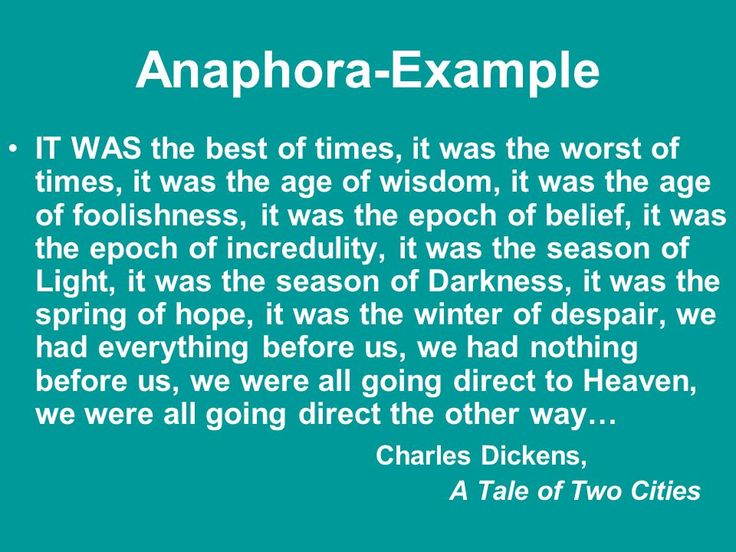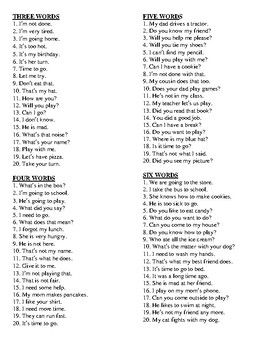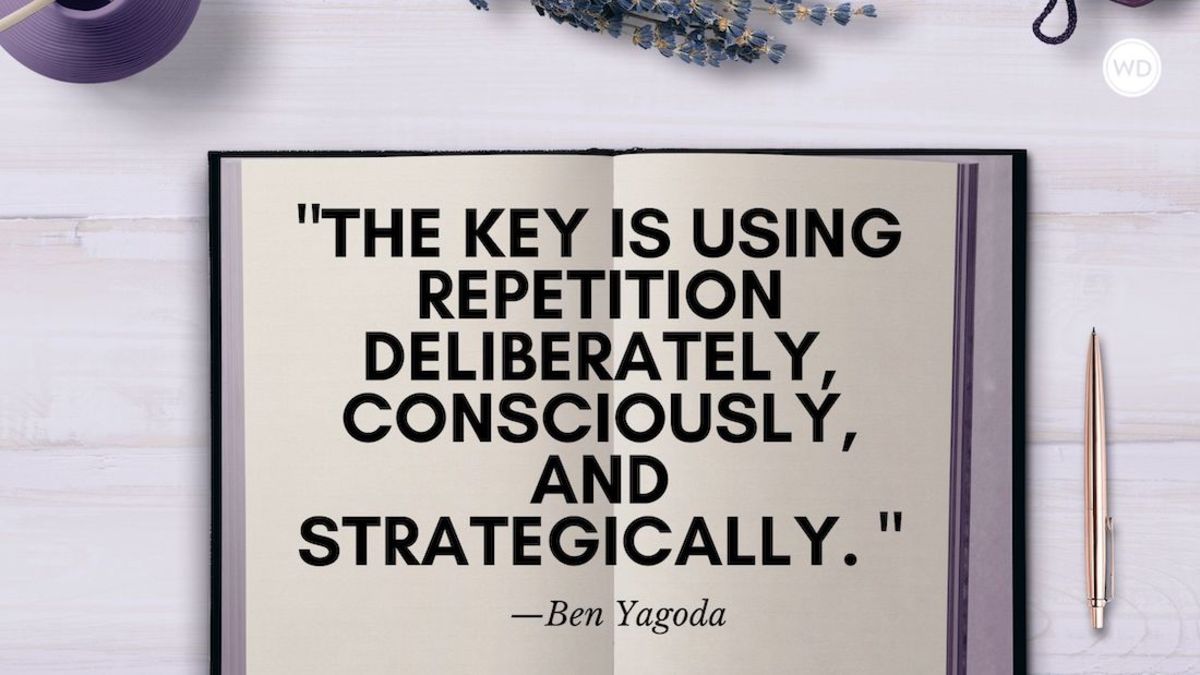
Received: NovemAccepted: Published: July 13, 2017Ĭopyright: © 2017 Krishnan et al.

PLoS ONE 12(7):Įditor: Antoni Rodriguez-Fornells, Universitat de Barcelona, SPAIN These results have important implications for understanding motor/language relations in neurodevelopmental disorders.Ĭitation: Krishnan S, Alcock KJ, Carey D, Bergström L, Karmiloff-Smith A, Dick F (2017) Fractionating nonword repetition: The contributions of short-term memory and oromotor praxis are different.

We conclude that the ability to compute and execute novel sensorimotor transformations affects the production of novel words. We found that oromotor praxis uniquely predicted nonword repetition ability in school-age children, and that the variance it accounted for was additional to that of digit span, memory for non-verbal sequences, articulatory rate (measured by oral diadochokinesis) as well as reading fluency. In the present study, we tested 35 typically developing children between the ages of 5−8 years on measures of nonword repetition, digit span, memory for non-verbal sequences, reading fluency, oromotor praxis, and oral diadochokinesis. Little is known about how children’s oromotor speed, planning and co-ordination abilities might influence their ability to repeat novel nonwords, beyond the influence of higher-level cognitive and linguistic skills.

Yet, when children hear and then utter a word for the first time, they must transform a novel speech signal into a series of coordinated, precisely timed oral movements. Nonword repetition tasks are thought to reflect phonological short-term memory skills. The ability to reproduce novel words is a sensitive marker of language impairment across a variety of developmental disorders.


 0 kommentar(er)
0 kommentar(er)
